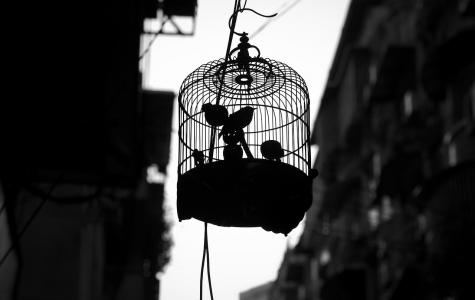South West Community Chaplaincy identified back in 2016 that change was required to support women across the region in the criminal justice system, and work commenced to explore the landscape, understand and embrace best practice, and embed the change in our strategy. I joined the team in August 2018 as part of this plan, and am working with women leaving HMP Eastwood Park to resettle across the south west.
In the news recently the BBC reported a story entitled 'The day I went to prison, I got my life back' about a woman called Lisa, who had survived domestic violence and addiction, had her children removed, and felt that going to prison might actually provide safety and respite of a kind. It is hard to comprehend how a custodial sentence might be welcome, but Lisa’s life had become so difficult that prison felt like a lifeline.
The women I work with have nearly all experienced chaotic lifestyle involving substance misuse, mental health problems and homelessness, and this is common across the country, as the government’s Female Offender Strategy identifies. The Prison Reform Trust estimates that 57% of women prisoners have been victims of domestic violence. Another statistic that never fails to shock me is that almost half of female prisoners say they committed their offence to support the drug use of someone else.
But it is stories like Lisa’s, or the stories of any of the women we support, that are just as important as those shocking numbers. Community chaplaincy can give a voice to those who are counted in these headline grabbing numbers, reject the anonymity of the statistics, and help women in the criminal justice system discover their own strengths, build their self-esteem and plan for a brighter future.
When we build meaningful relationships with people, and are person-centred in our approach, we challenge the narrative that people are victims of their circumstances, bad luck or their past. In supporting women in this way, we enable and encourage potential, build resilience and inspire change. And if you have that support on leaving prison, that’s another crucial step on the journey of getting your life back.
Deborah Leighton Plom
Community Chaplain
